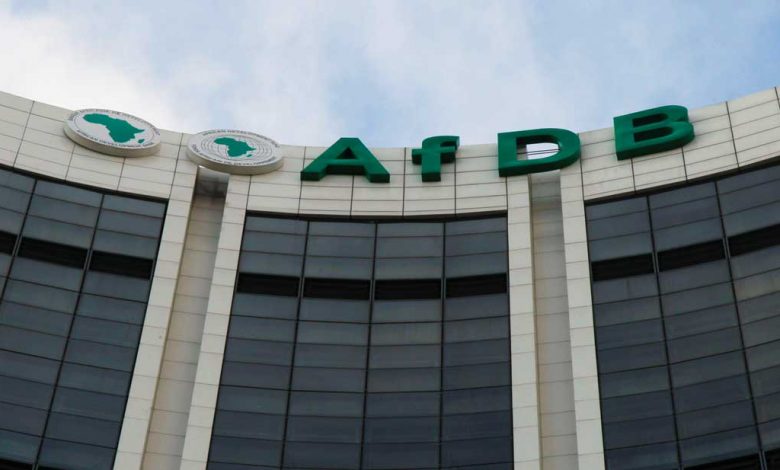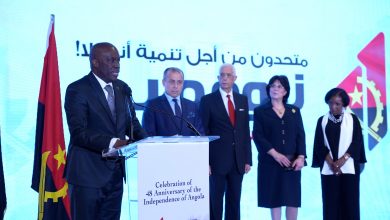Kenya: African Development Bank Approves $30M Trade and SME Finance Facility for Family Bank Limited | African Development Bank

Diplomat.Today
The African Development Bank
2023-03-21 00:00:00
——————————————-
The Board of Directors of the African Development Bank Group has approved a $30 million Trade & SME Finance Facility for Family Bank Limited (FBL) in Kenya. The facility is expected to boost intra-African trade, promote regional integration and help narrow the financing gap between trade and SMEs in the East African country.
The facility will provide a Trade Finance Line of Credit to support FBL’s short-term trade finance business, a Transaction Guarantee, which will provide a risk-backed strategic platform to enable confirmation of trade transactions originating from FBL, as well as a targeted Line of Credit through the Africa SME Program of the couch.
The facility is expected to boost intra-African trade, promote regional integration and contribute to reducing the financing gap between trade and SMEs in Kenya by mobilizing significant financial resources for SMEs and local businesses. This will improve and deepen value chains and diversify production capacity, ultimately driving growth in Kenya.
The Bank will provide up to $10 million to support FBL’s short-term trade finance business of SMEs and local businesses, a transaction guarantee facility of up to $10 million to support the confirmation of FBL’s trade finance transactions and up to $10 million dedicated line of credit to support medium-term financing for SMEs in the health, renewable energy and agriculture sectors. The facilities also support women-owned businesses.
FBL will use the short-term trade facility to supplement the credit line and provide shorter-term trade loans along value chains of SMEs and local businesses. In addition, the TG facility will enable the Bank to provide up to 100% guarantee to Confirming Banks for the non-payment risk arising from the confirmation of letters of credit and similar trade finance instruments issued by FBL. All of this is in line with the Africa Continental Free Trade Area (AfCFTA) agenda to reshape markets and economies across the region by boosting output in the services, trade, manufacturing and natural resources sectors.
Shortly after the approval of the board of directors, Ahmed Rashad Attout, acting director for the development of the bank’s financial sector, stated: “We are pleased to have completed this facility with FBL as a partner and which will help FBL scale its trade and SME finance offerings in Kenya to help close the widening trade and SME financing gap. This will enable FBL to play an important role in providing financing needed for Kenya’s post-COVID-19 economic recovery.
The African Development Bank estimates the trade finance deficit for the African continent at $82 billion. Compared to multinational companies and large local companies, SMEs and other domestic companies have more difficulty accessing trade finance and medium-term financing.
The bank’s Director General for East Africa, Nnenna Nwabufo, said: “The advent of COVID-19 coupled with strict regulatory/capital requirements and enforcement of KYC compliance has led many international banks to close their corresponding banking relationships in Africa. reduced, while some exited the market. all together. There is therefore an urgent need for funding to revive trade in Africa, which requires greater participation from institutions such as the African Development Bank.”
The facility is aligned with the African Development Bank’s five key priorities to: enlighten and energize Africa; feeding Africa; industrialize Africa; integrate Africa; and improve the quality of life of the people of Africa.
About FBL:
Family Bank became a full-fledged commercial bank in May 2007. The bank is supervised by the Central Bank of Kenya (CBK). From just one branch in 1985, the Bank has grown over time and currently has a network of 92 branches across the country. It was the first bank in Kenya to introduce paperless banking through smart card technology that allows customers to transact without filling out any deposit or withdrawal forms. The bank has more than 1.7 million customers with a growing balance sheet and deposit base. The bank is taking advantage of the successful introduction of the universal banking model. The model aims to progressively position the bank as a one-stop-shop providing retail and consumer, SME, agribusiness, corporate banking and trade finance and insurance products.
——————————————-



